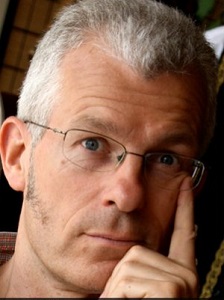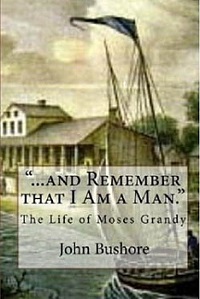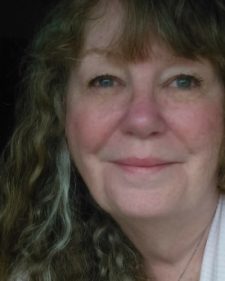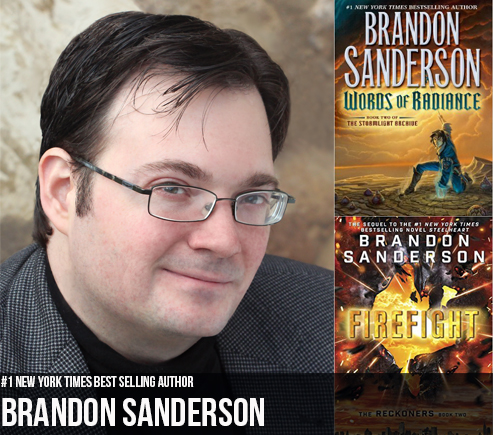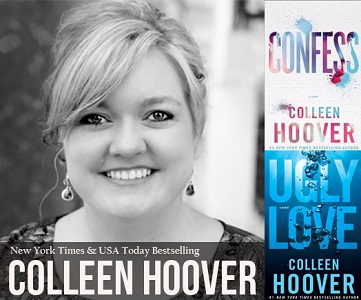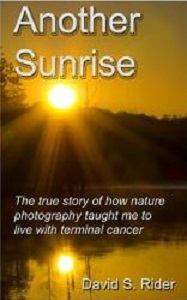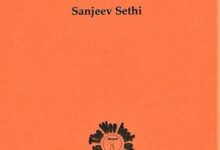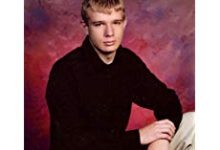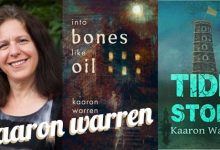Interview with Poet, Neetu Malik
This time around, we are pleased to welcome multi-published and award-winning writer of poetry and short stories, Neetu Malik to our published member interview. Neetu was raised in India and began travelling the world in her early twenties, living in three continents before settling in the USA.
As Neetu says:
“Putting life into words is what I do. I capture moments, people, events, moods, emotions and freeze them in the only art forms I can create – poetry and short stories”
From your introduction, you seem to have done a lot of travelling – how did that come about?
I was born and raised in India, yet never quite fit into its deeply traditional mould and yearned to experience the wider world.
My childhood had been difficult, in ways that are not easy to describe on a public platform, so by the time I was in my late teens, the desire to free myself of the tethers of a past that was painful grew stronger. Maybe it was a desire to escape to a place where I could flutter my wings, where no one knew me and I might be able to grow more freely, unencumbered by expectations and norms that defined my country of birth.
I seized the first opportunity I got to leave and, nervous as hell but curious as well, boarded my first flight out of the country at twenty-one, to spend a couple of years in Graz, Austria. That was the beginning of a journey that created the nomad I became over the next decade or so, spending years in England, Canada and finally arriving to settle in the US.
When did you first realize you were a poet?
Oddly, that didn’t happen until I was forty-seven and my oldest daughter had left for college.
Back tracking a bit, one difficult part of my own childhood had been the dark shadow of my mother’s severe mental illness. I had, yet didn’t have a mother. No one to guide me, as mothers do, after the age of ten, and I think it made me very centered on my own role as mother when I became one. I immersed myself for years single-minded in that one role, and when my daughter left home, I went into a form of crisis I had never expected.
Was it separation anxiety, or was it the vacuum I felt inside me as a mother whose first child didn’t quite need her much any more? I am never sure, but there was a deep hollow I felt and perhaps realized that my other daughter, who is seven years younger than the first, would also leave one day and I would be nothing any more. That I had defined myself in the maternal role so firmly I couldn’t reach at anything else within me to drive a purpose. Who was I? What was I?
All of a sudden, I began to search myself and my past returned with such force that I was compelled to confront it. As I mentioned earlier, I had wanted to shut the door on my childhood, on my painful memories when I left India, but for some reason, it all began to flood back through the cracks I felt in me at that juncture.
Words began to spill into short stories at first, then one day, as I sat in front of a blank monitor, the blinking cursor on the screen seemed to assume a life of its own, my fingers on the keyboard began to type a poem. I was stunned. I had never written a full poem before, although I often scribbled isolated poetic lines on scraps of paper which I invariably lost. They were mostly ramblings.
When writing poetry, does the ‘idea’ or the line come first – or is it something else?
I write in a trance. My poet friends used to smile at that but have come to believe and accept that that is how I write.
So, when in a trance state, I think the idea comes first. But an idea can come as an image or a string of words. Usually an image. All sorts of images can become poems if I let my mind drift and focus on one particular image. I think it would be accurate to say that I write from the subconscious and need to be detached from my conscious self to some extent to be able to form the words.
You have an award-winning poem ‘Soaring Flames’ in the NY Literary Magazine’s anthology ‘Tears’ published in November 2017. What is the award, and how did it come about?
That was wholly unexpected! I had submitted previously to the magazine, only to be rejected, so I wasn’t expecting the other poem to be accepted. To my utter amazement, it was, and when I went to their online page, I learned that my poem “Soaring Flames” had received the first-place award.
Maybe the fact that it was such a deeply personal poem had something to do with its appeal for the “Tears” anthology. I’ll never know.
Do you have any hobbies outside of writing?
Oh yes, I do! Besides reading and writing, I love to travel to unknown places whenever I can, meet people from different cultures and walks of life, to touch and taste life with all its flavours, colours and kernels.
I also enjoy cooking, volunteering in local communities, knitting gifts for family and friends, hiking with my daughters and discovering new interests. I am always open to a new experience.
Being much travelled, do you have a favourite destination?
That is impossible to answer. I do not have a favourite. Each place I have lived in or visited has left me with unique memories that are like scents I associate it with.
There is a scent everywhere, even when it is harsh. And sometimes it is harsh and inhospitable. There are places on our planet where horrible things have happened and left scars on their people and landscape. Even there, one can often find an element to admire, to feel consoled by. I was in Burma/Myanmar this time last year and that was one such place.
Do you have any other destinations on your wish list?
Yes, I do. I would love to travel to Peru, Vietnam, Greece, Hungary, the Czech Republic, to name a few. I would also love to go back to visit some of the places I have lived in.
Do you have any favourite authors or books?
I have many favourites, and sometimes, I discover I don’t like an old favourite anymore! Ernest Hemingway is one of my oldest favourite authors, as is Anton Chekov, whose short stories I love.
Fyodor Dostoyevsky, Samuel Beckett, Heinrich Boell (German author), Khaled Housseini, DH Lawrence, Virginia Woolf… oh dear, there are too many to list!
Among poets, I always enjoyed reading poems by a variety of poets. William Blake, Edgar Allen Poe, John Donne, William Wordsworth (Lucy Gray is one of my favourite poems), Sylvia Plath, Ingrid Jonker (newly discovered) and many more.
Do you have any advice for budding poets on how to get published on the net?
My one advice is – if you believe in yourself, others will too. Let your poetry flow as naturally as your spirit, try to be yourself, not someone else, when you write. Make it authentic and it will touch readers more than effort alone.
A poem, like song, needs a voice that touches chords, draws the reader into its words and images to create a connection from one heart to another. Just be true to yourself.
Neetu has kindly agreed to allow us to reproduce an excerpt from her poem ‘Disconnected’ – published in The Prachya Review.
They sit in silence
staring straight ahead
between honking cars,
rickshaws, garbage lined streets.
Dusty, unwashed children
stream past the glass screen,
and a metallic separation
of illusions and reality.
Your Indian background seems to impact on the imagery of ‘Disconnected’ – does your heritage and culture have any other effects on your English writing?
Of course. I see the world through a prism. The four languages I have spoken in my life influence the subjects I write about. English is my most fluent language and one that I think in, but the diversity of my experience and interactions with humanity in different parts of the world carries into some of my poetry, depending on what I am writing about.
The poem Disconnected was about creating a specific image that relates to a location, a culture, a society so it had to be authentic. If I am writing about something more universal, then you won’t see those influences.
What part of the writing process do you find the most difficult?
Discipline. I cannot set aside time and structure myself to write like many people do.
If you ran a take-away – what food would you sell?
Definitely a fusion of east and west! I love creating eclectic flavours so I would keep the list short but change it often!
Your work is also published in the Poetic Bond V and Poetic Bond VI anthologies. How did this come about?
That was through one of my LinkedIn groups – Poetry Review and Discuss. The manager, Trevor Maynard, sends out calls for submission in March of each year. That was really where I also met some of my wonderful fellow poets whom I followed to WritingForums.com
Ideally, which famous actor would you choose to narrate your poems?Julie Christie. I think she would capture the moods and sentiments in my poetry.
Where can the readers find out more about you and your work?I share some of my poems on my poetry page on Facebook. I have considered setting up a blog but just don’t have the time or discipline at the present time.
My LinkedIn profile also has a broad listing of my poems and publications with links. In addition, I used to write occasionally on Hubpages where I still have some of my articles and poems. I have not updated it in a while, though.
Anything else you wish to add?
Poetry is where I am my most honest self. The unvarnished, unembellished self emerges in ways that are often a catharsis of whatever generates them at a given time.
My poems are not always about me. I have met and known people through my wanderings whose lives have left an indelible mark on me. Sometimes, I write about events that touch all of us, such as the mass shootings, child and sex abuse of our times, but all of them as perceived by a mother, a child, a woman, a human being.
My poetry gives me an insight into myself. The self I am sometimes proud of, sometimes ashamed of, sometimes afraid of. It is my uncontained, unrestrained voice.

